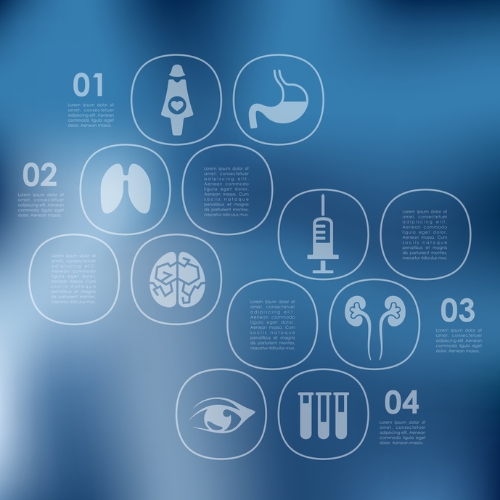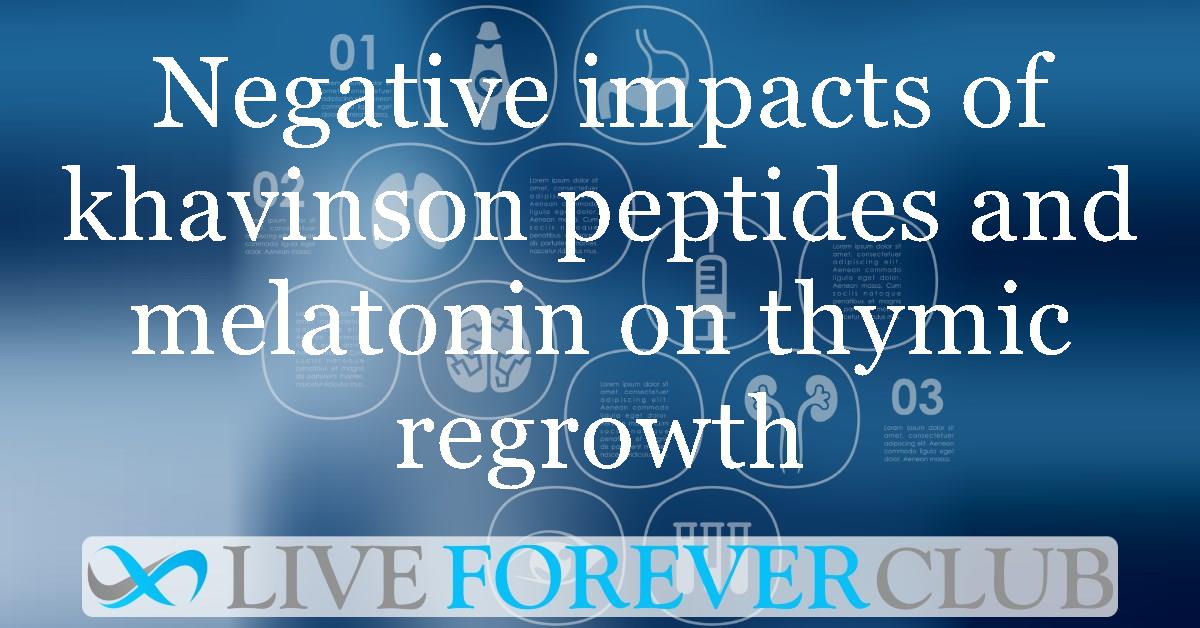Key points from article :
Self-experiment with three of the Khavinson peptides (epitalon, thymogen, and vilon) and the supplement melatonin in an attempt to produce thymic regrowth.
No-one has checked to see whether the thymus is regrown in humans following treatment with these peptides.
Desirable goal in older people who have lost some, most, or all of the active thymic tissue needed for the production of naive T cells.
Mix of 10mg epitalon, 10mg thymogen, and 10mg vilon in was injected subcutaneously- two injections 12 hours apart.
High dose (20mg daily) of melatonin in addition to Khavinson peptides, taken orally in the evening.
Single study has shown an increase in thymic tissue resulting from supplementation with melatonin at the equivalent dose in mice.
A CT scan of the thymus was taken before and after the study.
Blood count assay to assess lymphocyte:monocyte ratio, a number that becomes lower with age.
Use of the Khavinson peptides and melatonin in combination in this way, at this dose, negatively impacts the thymus.
Producing a reduction in active tissue and increase in atrophy to fatty tissue.
Why did this outcome occur? -Firstly, the dose makes the poison, and the dosing here may have been too high, too frequent.
Secondly, these peptides may be pleiotropic in their effect on the thymus, and only beneficial after the thymus is very atrophied.
Thirdly, any benefit to the use of Khavinson peptides arises from increased peripheral T cell replication in useful populations.
Lastly, the existing study data may simply be dubious, wrong, or otherwise bad.




